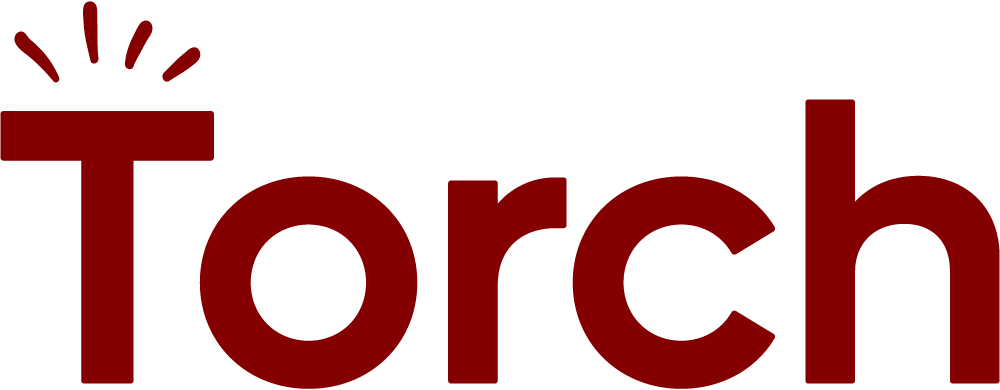Managers need support
Managers play a crucial role in every organization. A great manager can not only be effective at their job but lift the performance, retention, and engagement of their teams and even the cross-functional teams they work with. In fact, according to RedThread Research’s Managing Better in 2023: It Starts With You report, “organizations with highly effective managers have employees who are: 2.8x more likely to give a positive NPS score, 2.5x more likely to say their org is highly innovative, and 1.6x more likely to be highly engaged.” In most organizations managers balance their work as a player/coach and supporting the operational needs of the business. Over time, more and more has been asked of managers. We have all heard how overwhelmed, overburdened, and often under-supported managers are. Let’s take a moment to focus on what works to effectively support managers.
The urgency to support managers effectively and sustainably
In their day-to-day, many managers oversee a range of responsibilities–from their work as an individual contributor, coaches to their teams, maintainers of financial and HR processes, acting as chief communications officers for their teams, culture champions, and more. Looking across all these activities there are many tools managers are expected to engage with to carry out all this work effectively (and measurably). If you create a list (which I invite you to do on a post-it) it’s quickly apparent that almost none of them are for the direct benefit of the manager. It’s often hard to identify a tool or program whose sole purpose is to support, alleviate, and unburden the manager. And that’s a problem because these people are 1) overwhelmed and 2) pretty pivotal to the functioning of your organization.

Current Leadership Development Strategies Aren’t Creating Lasting Impact
HR leaders–CHROs and L&D leaders–that we’ve spoken with are worried about effectively supporting managers. The key word there is effective. Many organizations have a multitude of programs at various scales to support manager growth and skill development. Those programs are aimed at identifying “high-potential” talent, creating succession plans, orienting new managers, upskilling experienced managers, and more. They come in many mediums, from mandatory compliance to online learning to onsite events to long-term programs that mix all of the above. With each of these programs, the intention of the organization and the HR and L&D teams creating them is often in the right place–to support managers and ultimately the success of their organization.Unfortunately, these programs often have the opposite effect for the manager when you consider the “forgetting curve,” while, as RedThread Research’s report adds, “asking them to add to their plate: do more training, meet changed expectations, and try new leadership approaches.”

Why Coaching is The Best Way to Support Managers
So what leadership development tool moves the needle for managers and the organizations that want to support their development in a valuable, and sustainable way? It has to address some of the challenges the traditional learning and development tools have like being one-size-fits-all, not creating space for vulnerability and authenticity, and that most require managers to carve out a large chunk of already crunched time to attend. Coaching does all this by providing managers with a personalized and safe development experience. And while yes, coaching does take time, because it is uniquely tailored to an individuals strengths and opportunities, managers overwhelmingly see it as a value-add, and an investment in them from the organization. Coaching provides tailored support to them in the flow of their work, helping them more effectively learn, develop, and grow.
Getting the Benefits of Coaching at Scale
The status quo L&D tools that peanut butter across the entire employee population are not delivering the results that organizations and their people need and expect. According to research from Harvard Business Review Analytic Services, sponsored by Torch, “86% of leaders agreed that relationship-based approaches to leadership development achieve better results than more passive forms of learning”. There is a time and place for all the different tools in a leadership development strategy. Is coaching the right solution for compliance-oriented training? No. And that’s ok. But coaching is more than an impactful solution for a select group.
While coaching is a 1:1 relationship between the participant and the coach, the benefits of that engagement are far-reaching. In our latest research, From One to Many:How the Coaching Ripple Effect Transforms Individuals, Teams, and Organizations we explore the question, “When key people in an organization begin to behave differently as a result of coaching, what changes, if any, do their direct reports experience?” The results confirm what many of us may have assumed to be true. A coached manager has a far-reaching positive impact on their direct reports and their team, which ultimately drives larger change across the organization.
If you’re interested in learning more about the ripple effect of a coached manager, please check out the infographic below. For a deeper dive, download the full report: From One to Many:How the Coaching Ripple Effect Transforms Individuals, Teams, and Organizations.


